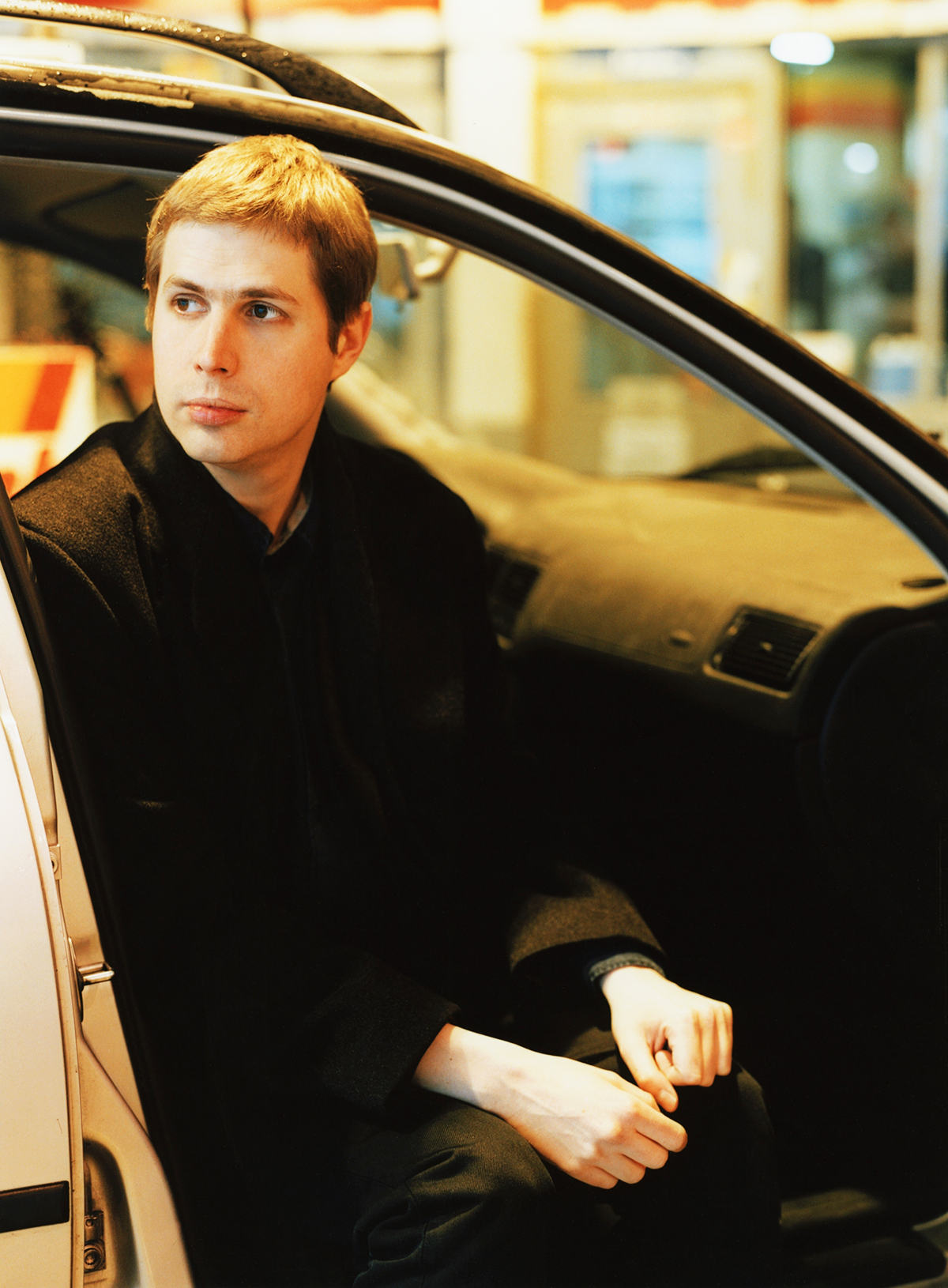


That said, many a novelist botches things by trying to yank two famous thinkers together in the same tale, as foolhardy a move as letting two hostile pets get up close and personal with each other. “You are now entering the genius’ mind,” while within the clever director’s grasp, is pure open road to the novelist. Novelists, even “cinematic” ones, needn’t apologize for deciding on a language “surge”.

A movie director’s take on a thinker usually has to favor talk over action - a violation of film aesthetics among all but certain sainted European directors - or hope visuals (intense reflection while looking out a window, calendar pages flipping) will convey the right messages. The latter lack the magic lens able to capture “Genius at Work” except as a sign on the closed office door. Their balancing act between loneliness and love, absurdity and greatness, failure and success.Novelists, more than filmmakers, dare to depict great intellectuals. It brings the two eccentric geniuses to life, their longings and their weaknesses. Measuring the World is a novel of rare charm and readability, distinguished by its sly humour and unforgettable characterization. And yet jumps out of bed on his wedding night to jot down a mathematical formula. He can run prime numbers in his head, cannot imagine a life without women. Does not even need to leave his home in Göttingen to know that space is curved. Gauss, a man born in poverty who will be recognised as the greatest mathematician since Newton. Climbs the highest mountain then known to man, counts head lice on the heads of the natives. Humboldt, a Prussian aristocrat schooled for greatness, negotiates savannah and jungle. Towards the end of the 18th century, these two brilliant young Germans set out to measure the world. The naturalist and explorer Alexander von Humboldt and the mathematician and physicist Carl Friedrich Gauss. Measuring the World recreates the parallel but contrasting lives of two geniuses of the German Enlightenment.


 0 kommentar(er)
0 kommentar(er)
